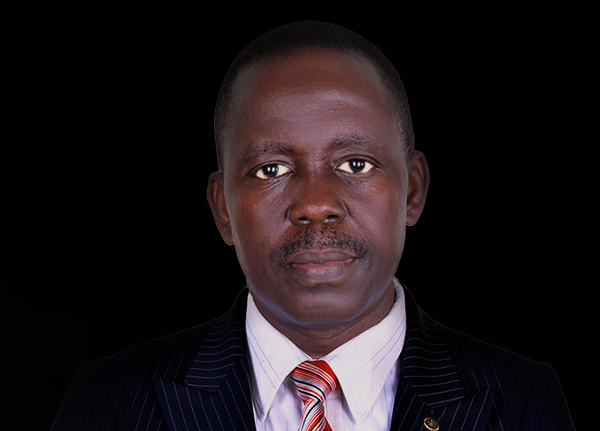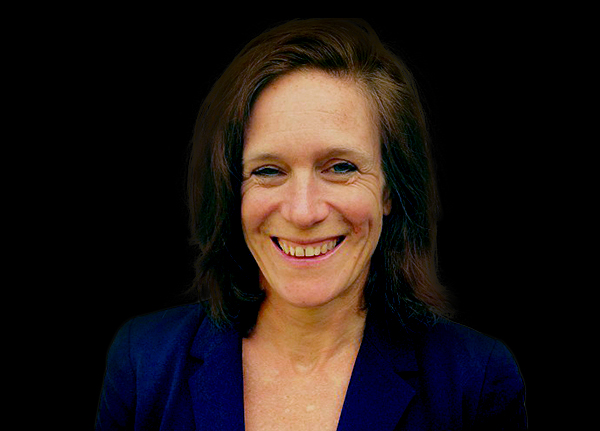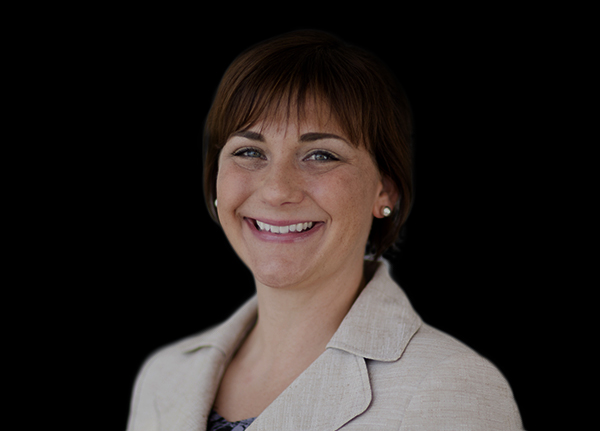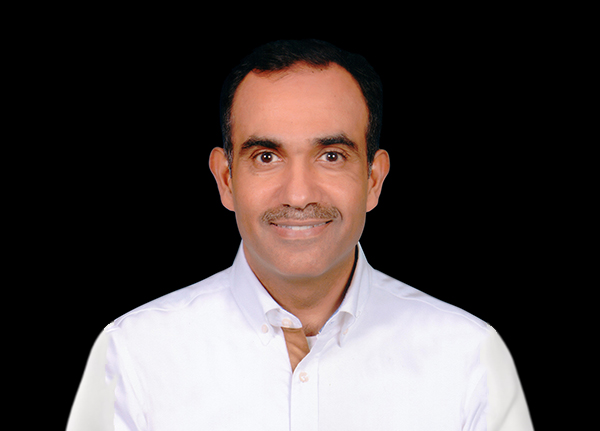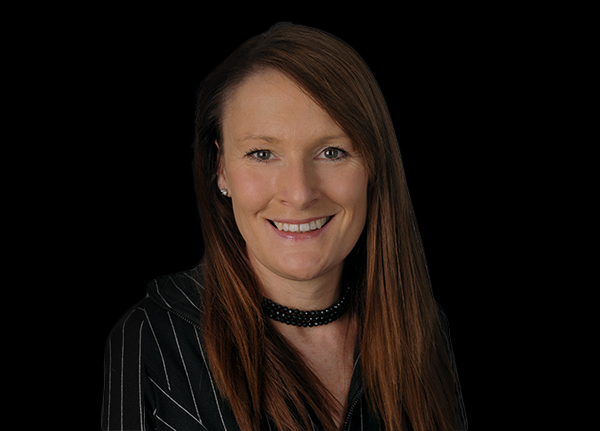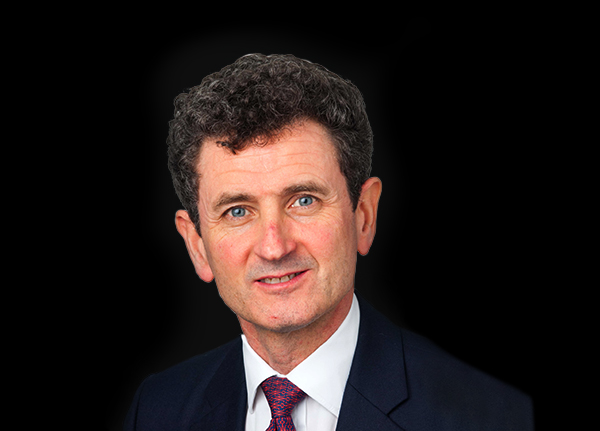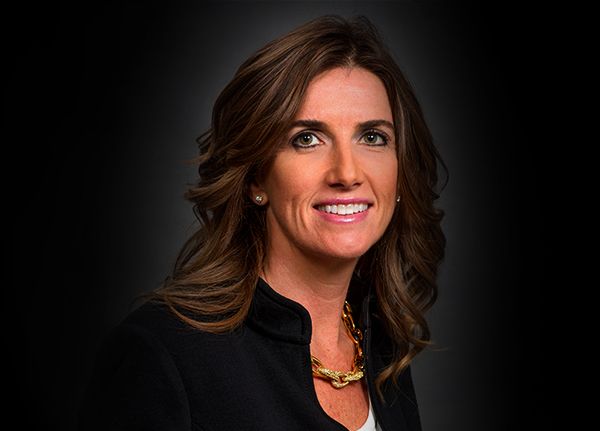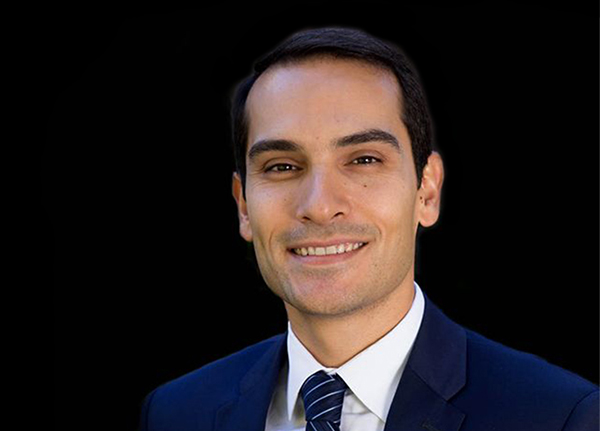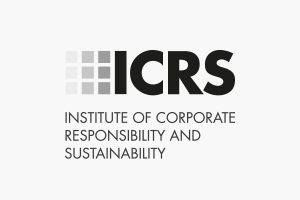Summit 2018 : Reimagine Strategy
The credibility of business and government to address “big problems” is in constant question. Demand has never been stronger for global companies to go beyond CSR, to integrate sustainability, and deliver Positive Impact. Many organisations still struggle to implement strategies for inclusive growth that are both scalable and profitable, while creating value across their supply chains and stakeholders.
To achieve true Positive Impact by generating economic and social value at scale, a reimagining of how we pursue growth, how we build partnerships and how we unlock capital is required.
We need to reimagine strategy.
Reimagine Strategy will welcome progressive and ambitious leaders from across the world and consider routes to success for companies that recognise economic and social impact as intrinsically linked.
Dr Robert Kaplan and George Serafeim will examine Palladium’s new ground-breaking roadmap for implementing strategies that focus on the critical components of transformational change: sustainable supply chains, access to difficult to reach markets, and bridging the skills gap.
We have an exciting opportunity to make Positive Impact an intrinsic part of successful strategy.
What we discussed
Be bold: Ambitious goals need ambitious projects
Companies have tried to upgrade their traditional corporate social responsibility Programmes to shared-value and sustainability strategies that are designed to deliver both economic and social returns. But all too often those programmes have a limited impact and very rarely produce transformational change. Instead, they remain ‘bolt-on’ initiatives, distant from core strategy. How can we overcome this? Corporations need to prioritise commercial projects that generate economic value for themselves and socioeconomic benefits for all actors in a new ecosystem. Instead of trying to incrementally upgrade a limited program through un-scalable and short-term projects, we need to unleash market-based forces that are self-sustaining and organically grow.
Will inclusive growth will be central to capitalism in the 21st century?
A panel of senior business leaders will discuss their successes, failures, challenges and long-term visions. They will consider how they can integrate ‘profit for purpose’ into their core business strategies and reimagine the regional ecosystems in which they participate.
Think collaboration: Transformational change through partnership
Company executives, often located at corporate headquarters, can be slow to recognise opportunities to create regional private-public partnerships. They are often constrained by financial management systems that, by their very nature, guide them towards short-term thinking. Though there are exceptions, few companies are able to create transformational ecosystems alone. Companies need to partner with a ‘catalyst organisation’ to engage actors from multiple sectors in collaborative relationships and support the creation of strategies that can generate economic and social value. Harnessing the resources and innovation capabilities of profit-seeking companies is the reason governments are attracted to public-private partnerships as mechanisms for improving local socioeconomic conditions.
What does it take to mobilise complementary partners?
Representatives from different public and private sector ‘catalysts’ will reflect on the lessons they have learned and consider how the main barriers to successful partnerships can be overcome.
Unlock capital: Obtaining seed and scale-up financing
Corporate investment funds favour safe projects with short payback periods, not projects that require creating new relationships across multiple sectors in frontier markets. One strategy to circumvent this issue is to find capital from organisations that already have a mission to create inclusive growth ecosystems. These types of organisations tend to be under less pressure to generate short-term financial returns. This poses questions about how we differentiate the need for seed capital versus scaling, or who ought to take responsibility for financing new ecosystems.
Who takes on the financial risks of creating a new ecosystem?
Experts from the world of finance will examine how to obtain seed and scale-up financing. Panellists will discuss different vehicles and ways they channel external, non-traditional sources of capital into these types of projects, with a specific focus on impact investing.
Align and govern: Defining the rules of the game
Building an ecosystem is not for the fainthearted. By some estimates, more than 50% of joint ventures and strategic alliances fail to achieve their desired results. Shared metrics provide accountability and the foundation for governing this ecosystem.
Who writes the rules?
Leaders in measurement, monitoring and evaluation will explore different experiences in establishing shared metrics and how a successful framework can be used to create alignment among multiple partners.
Meet Our Speakers
Herbert Kyeyamwa
Managing Director, Agroways LtdGeoff Burnand
CEO, Investing for GoodAlice Chapple
Director, Impact ValueLiesl Hargens
Director Emerging Markets Innovation, Enterprise Excellence and Business Transformation, MedtronicAdrian Greet
Global Sustainability Programme Director, MarsAbdulwahab Al-Marzouq
CEO, Touristic Enterprises Company (TEC)Michael Schlup
Chief Operating Officer, Sail VenturesSinead Duffy
Head of NGO Engagement, BayerPierre Courtemanche
CEO, GeoTraceability LtdPatience Akyianu
Managing Director, Barclays Bank GhanaHanne Dalmut
Director of Partnership Development, ConcordiaMariam Farag
Head of CSR at MBC Group, Dubai-UAEAbhijit Pawar
Chairman of AP Globale and Managing Director of Sakal Media GroupAndrew Parry
Head of Sustainable Investing, Hermes Investment ManagementGail Stout Perry
Chief Strategy Officer, CorporaterNoel Tagoe
EVP of Academics, Management Accounting at the Association of International Certified Professional AccountantsRosanna Duncan
Chief Diversity Officer, PalladiumJuliet Mann
Emcee / Business CorrespondentGeorge Serafeim
Jakurski Family Associate Professor of Business Administration, Harvard Business SchoolRobert S. Kaplan
Senior Fellow, Marvin Bower Professor of Leadership Development, Emeritus, Harvard Business School
Agenda
Summit Welcome and Introduction
Welcoming Address: Reimagine Strategy
Moderated Roundtable Discussions
Day One Wrap Up and Food for Thought
DELEGATE REFLECTIONS - 2017 POSITIVE IMPACT SUMMIT
- It’s really great. It’s down to the point. What kind of impact do we leave? It’s about what role we want to play in society. All of us come to agreement in saying if we don’t run businesses with a purpose we will not have sustainable long term business success.Dirk Voeste , Vice President of Sustainability, BASF
- The big idea we have and that we’re articulating here is that creating Positive Impact often requires creating new ecosystems on the ground. It’s not a simple strategy. We have to create new linkages between people and suppliers, local communities and companies.Dr Robert Kaplan , Marvin Bower Professor of Leadership Development, Emeritus, Harvard Business School
- This is powerful stuff and you have a great combination of experience and skills in the social sector and in business. It’s bringing these skills together that enables Positive Impact to happen. There are very few organisations in the world that bring together both.Mark Kramer , Lecturer of Business Administration at Harvard Business School
- I think what’s been great about today has been building a common vision of what we mean by Positive Impact and seeing multiple actors from different sectors finally coming on to the same page.Clare Woodcraft-Scott , CEO Emirates Foundation
- The generation of Positive (Societal) Impact is a moral imperative for any corporation as much as it is a business imperative. I hope events like this facilitate the spreading of this understanding, and I hope that action follows awareness.Jochen Rother, Head of Strategy and Performance Management, Bayer AG
- Inspirational theme! The Summit brought together an open minded, interested international group of leaders from different backgrounds, willing to set the bar high! Let's do it!Simone Filippini, Executive Director, NIMD – Netherlands Institute for Multiparty Democracy

